5. Voyager (1991)
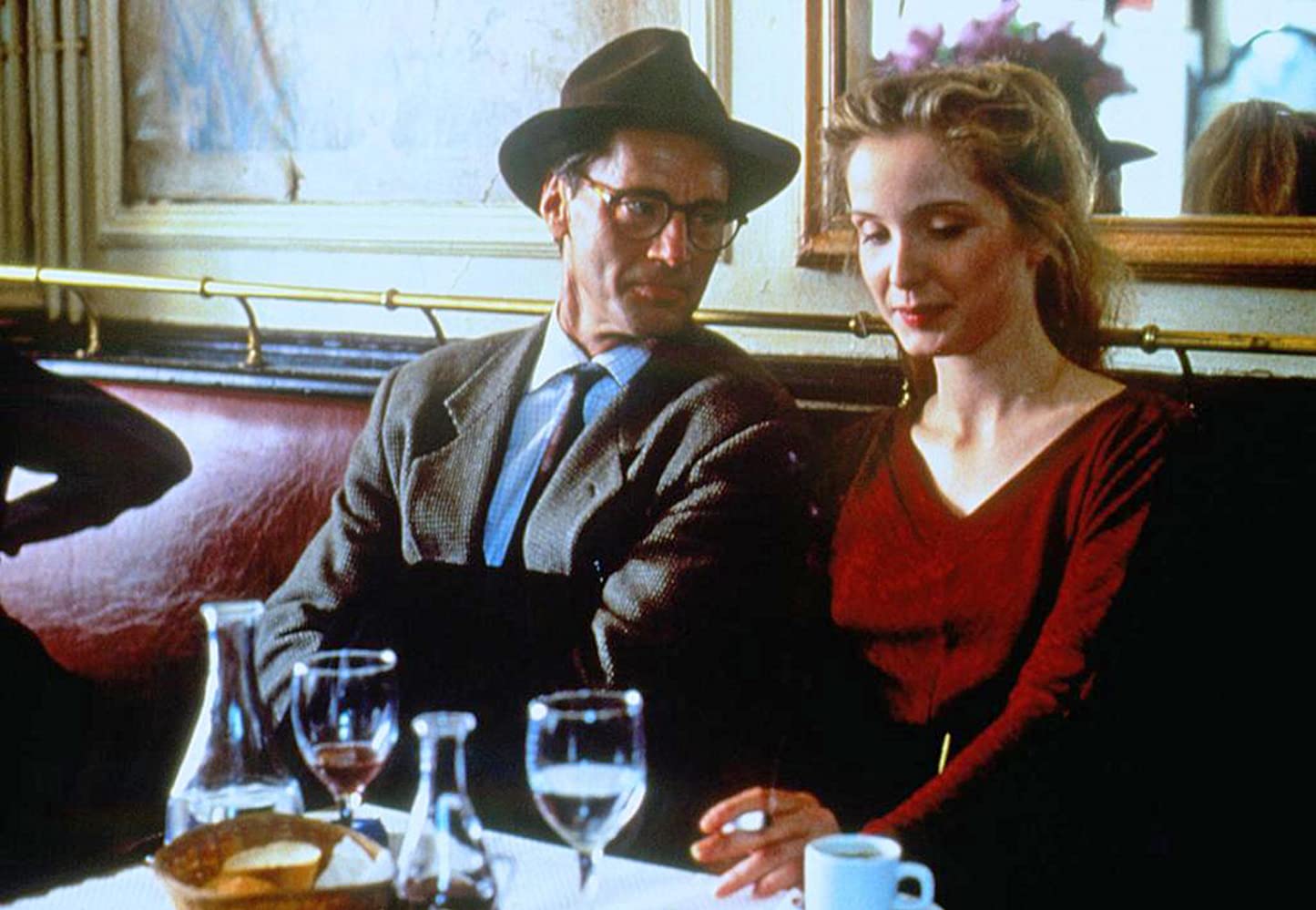
Volker Schlondorff directed this fascinating adaptation of the Max Frisch novel that focuses on a globetrotting engineer who turns his back on personal relationships and refuses to acknowledge the importance of dreams or emotions. When he meets young Sabeth, he is unable to resist the strong attraction and begins a relationship that will complicate both of their fates.
Sam Shepard and Julie Delpy deliver sophisticated performances in a film that explores the loss of self with a European sensibility and an unavoidable dalliance into Greek Tragedy. This is the kind of film that played only in a few Art Houses in America and quietly made its way to home video. Reviews were mixed but cinephiles will find much to explore in this rather mesmerizing and extremely well-directed tale.
4. The Indian Runner (1991)
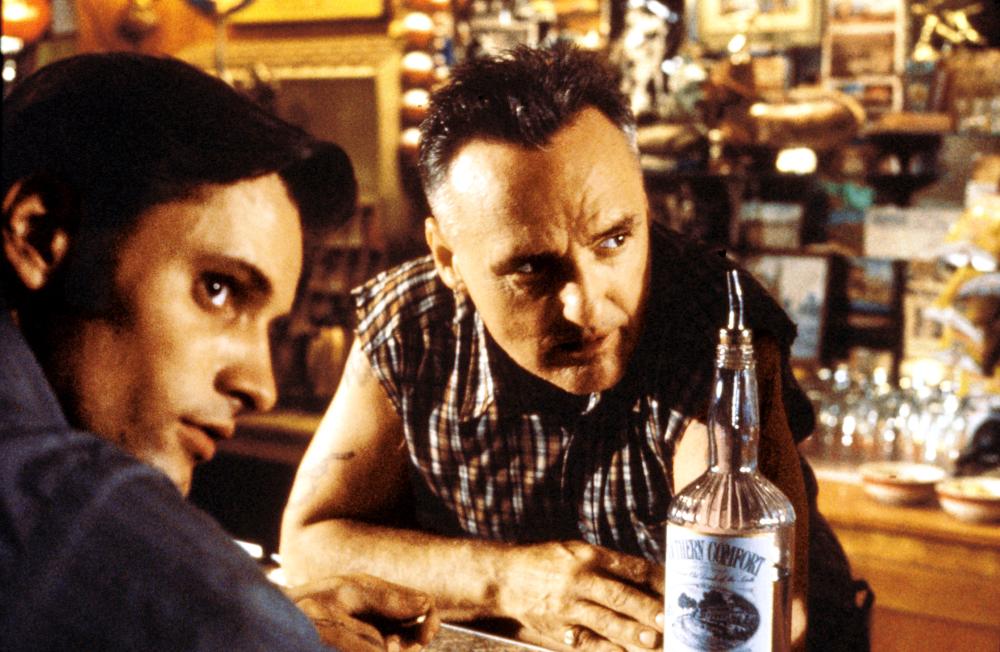
Sean Penn grew tired of acting in early 1990, claiming it was becoming “boring”, so he decided to make good on the adage, “But what I really want to do is direct.” Penn made his writing and directing debut with 1991’s The Indian Runner, an intense drama based on the Bruce Springsteen song “Highway Patrolman” about two brothers, one a cop and one a lost soul who can’t stay on the right side of the law. David Morse is Joe Roberts, a Highway Patrol officer who is married to his Spanish wife Maria (Valeria Golino) and lives in his small Nebraska hometown. Viggo Mortensen is his self-destructive brother Frank who comes home from Vietnam and rebels against every rule and person set in front of him. Patricia Arquette, Sandy Dennis, and a strikingly excellent Charles Bronson all do fine work and compliment the performances of Morse and Mortensen.
Penn’s story is a sad and beautiful exploration of the “Cain and Abel” drama that faces many brothers and how it affects their families. It is directed with an assured sense of place (the mid-60s) and purposely evokes the styles of both John Cassavetes and Hal Ashby, to whom the film is dedicated.
3. To Sleep with Anger (1990)
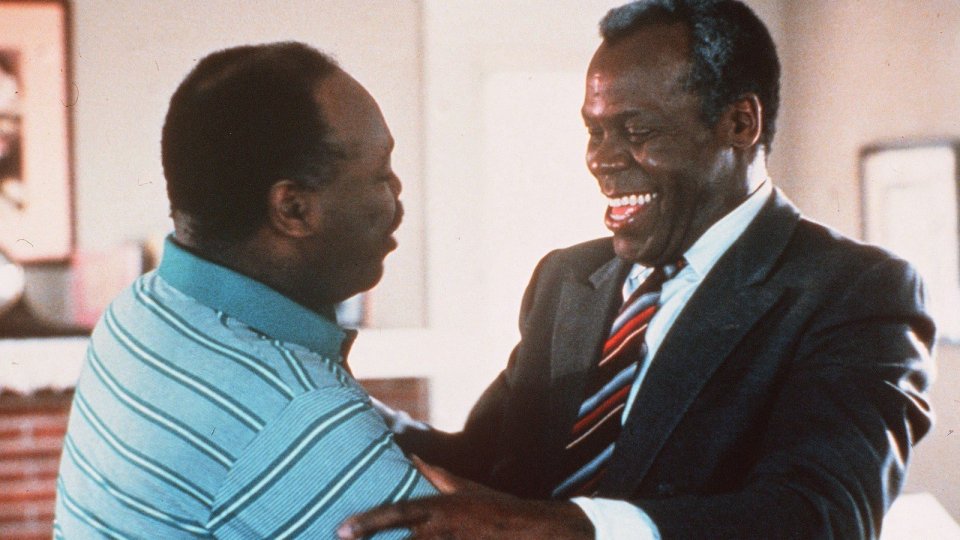
Boasting one of the richest screenplays of the decade, Charles Burnett’s To Sleep with Anger is one of the true cinematic treasures. The film is a masterwork of Black Cinema and one of the decade’s pure masterpieces. Danny Glover towers over the film as Harry, an old friend of a middle-class American family, who arrives unannounced and whips up trouble and plants the seeds of distrust amongst the household through his trickery that may be fueled by black magic.
The film was very well received but did little business due to a limited theatrical release. The dramatic power of Burnett’s screenplay is undeniable, as he fills it with an examination of African American folklore, religion, and the strength of family. This is an utterly unique work from the extremely talented Charles Burnett.
2. Q&A (1990)
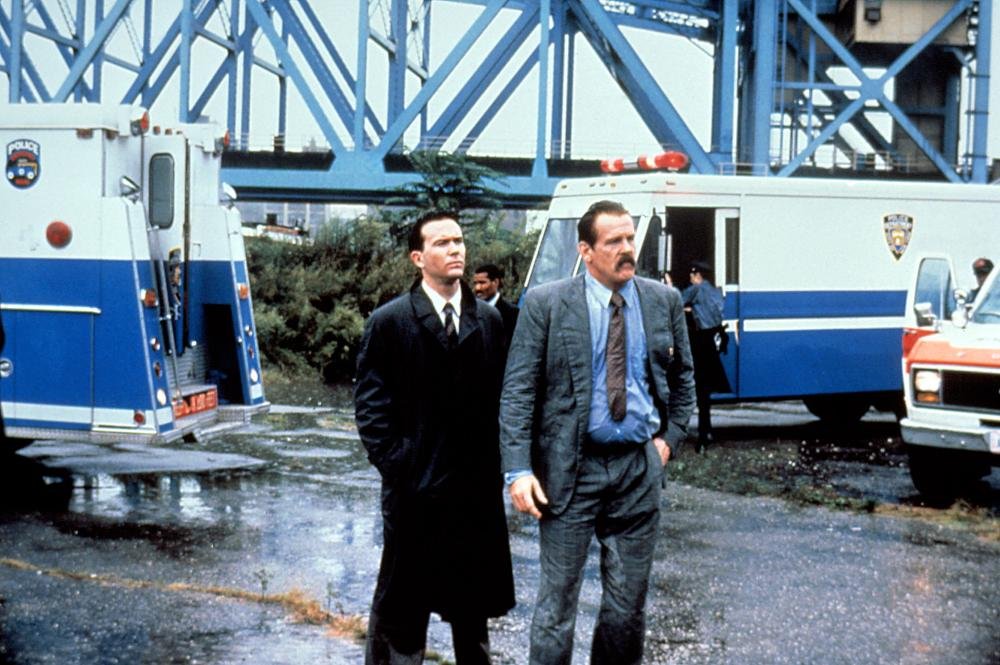
Sidney Lumet knew his way around the police drama. His films Serpico and Prince of the City are considered classics and brilliantly explore the world of police corruption. Q&A was his 1990 entry into his continuing look at corrupt cops. Timothy Hutton starred as an Assistant D.A. who is tasked to make sure the shooting of a suspect by a well-respected cop is ruled a “clean shoot”. The ADA discovers something is not right and learns the cop is dirty and works to investigate him.
Hutton is perfect in the role of the hungry ADA looking for his big case and Nick Nolte gives one of the most frighteningly realistic performances of his career as the extremely dirty cop. Armand Assante and Luis Guzman do great character work in powerful supporting roles. Lumet based his script on the Edwin Torres novel and keeps the author’s gritty street-smart dialogue while capturing the inner workings of the crooked nighttime deal-making between New York lawyers and the police. One of the true “lost treasures” of its genre.
1. Light Sleeper (1992)
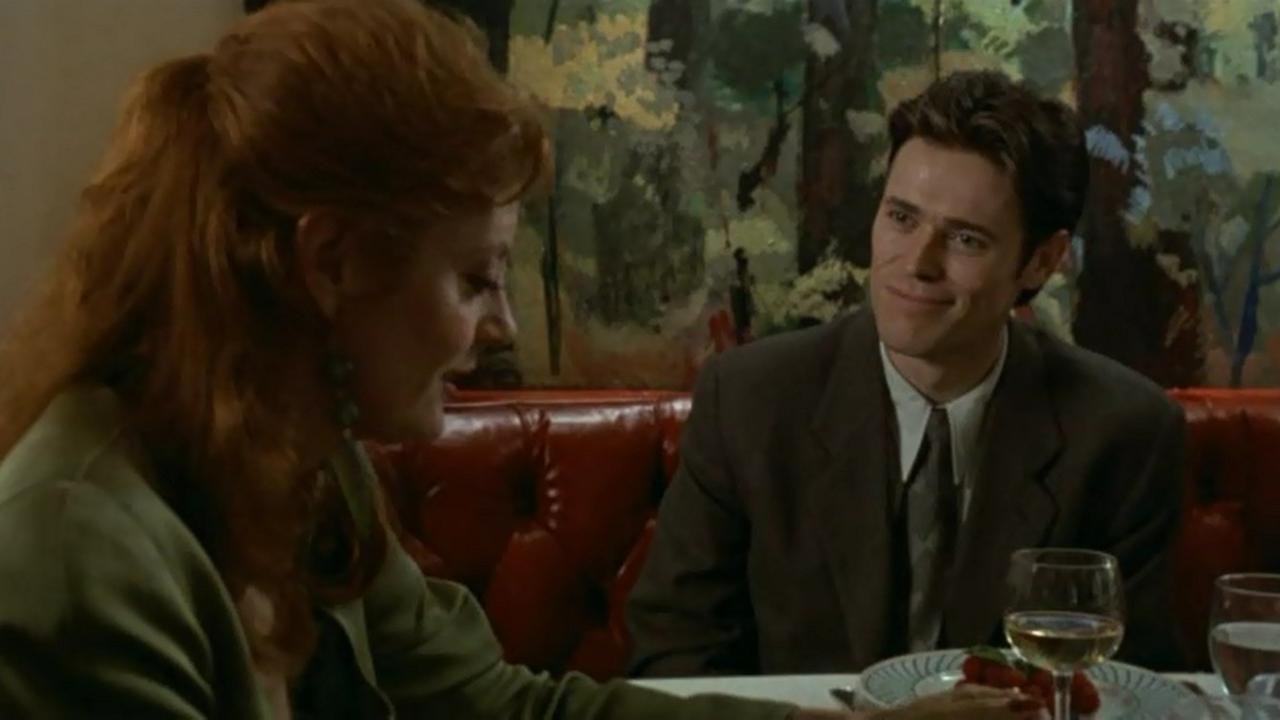
Paul Schrader completed a trilogy of sorts with 1992’s Light Sleeper. With his screenplays for Taxi Driver, American Gigolo, and Light Sleeper, Schrader examined the lives of the “sinner” and the world of sin that surround them. The main characters in each film traveled dangerous worlds and each had principles that guided their fates.
In Light Sleeper Willem Dafoe played John LeTour, a drug courier who has reached middle age and wants to leave the business. LeTour suffers from insomnia and writes his philosophical prose late in the night. His desire to be a better person and live a good life is reflected in his writings which we hear in narration. Lines such as “I can be a good person. What a strange thing to happen halfway through your life.” come from deep in his soul as we watch this man strive for what Schrader calls “a divine magic that will protect him.”
Schrader’s characters, including Susan Sarandon as LeTour’s cocaine dealing boss (who also wants to quit the business), are all searching for a type of grace; a light to lead them out of the dark. Light Sleeper is fueled by the songs of the late Michael Been and pulsates with the dark blues and shadows of the New York night, making it another “God’s lonely man” masterpiece.